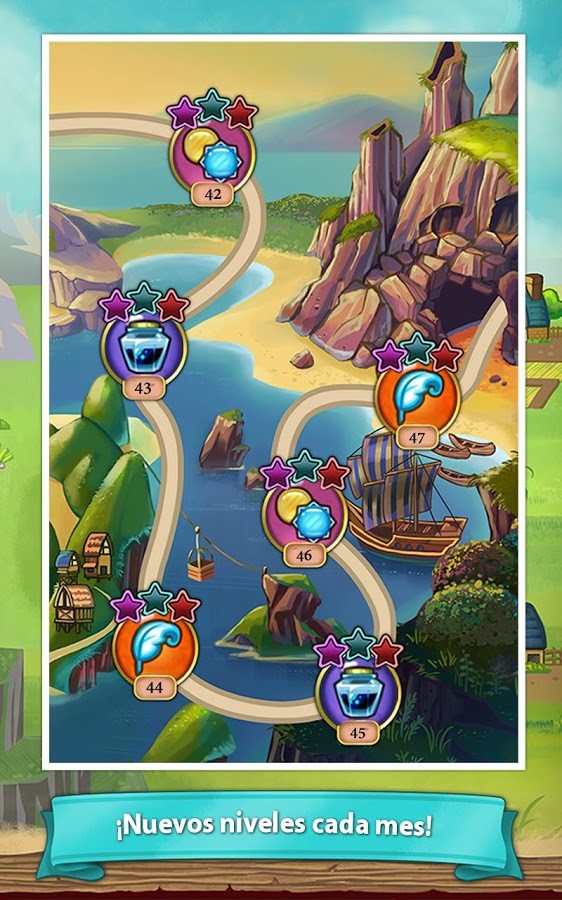

The experience of wonder is complex, comprising (usually) some mixture of surprise, bafflement (a felt inability to understand whatever gave rise to one’s wonder), a sense of the importance of what one is contemplating, and a desire or felt need to dwell on the object of wonder, to stay with it, keep attending to it. Wonder is often said to be the inspiration for and the beginning of philosophy, art, and science. Most commonly cited as evoking wonder are the starry heavens, rainbows, and other natural spectacles and events, such as ‘the miracle of birth’. Though the element of a ‘cosmic flight’ is a recurring motif in expressions and descriptions of wonder from Plato and the Stoics to the present day (Vasalou 2015: 156–159), anything can, in principle, engender such an experience. The wonder attaches to the naked facts of there being a world and you being there to witness and contemplate it and ponder its meaning. It is wondrous, bordering on absurdity, to imagine that, from a standpoint countless light years away, one may still know this earth to exist and you on it. Sometimes the experience stems from, or is accompanied by, a shift in perspective: perhaps, all of a sudden, you look upon yourself, as it were, from a remote corner of the universe. Many people will recognize the experience of being struck by wonder at the world and one’s existence in it.

I conclude that no purely rational justification can be given for this view, but that this need not detract from the importance of wonder in our lives. In the final section I discuss wonder as a potential source of meaning in life, then return to the question whether it can also point towards a deeper meaning of life. Can there be meaning in mystery, or is wonder––as a state of being lost for words in the face of mystery––rather antithetical to meaning? This discussion leads to the idea, emphasized in recent writing on wonder, that wonder (also) depends on the meaning we ascribe to things. Does wonder ‘merely’ inspire our search for meaning, or does it also point the way towards meaning? In exploring this question I first engage with Hannah Arendt, then examine the suggestion (by Josef Pieper and Rachel Carson, among others) that the meaning wonder points us to lies in connecting us with the mystery of existence.

This paper explores the connection between wonder and meaning, in particular ‘the meaning of life’, a connection that, despite strong intrinsic connections between wonder and the (philosophical) search for meaning has not yet received any sustained attention.


 0 kommentar(er)
0 kommentar(er)
